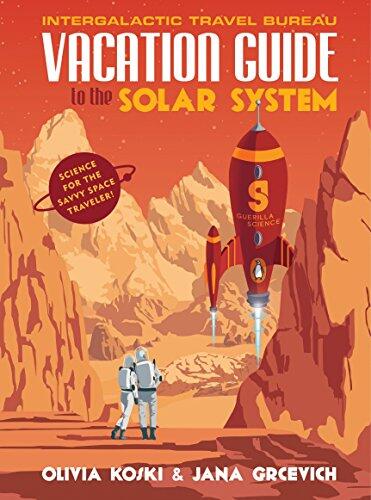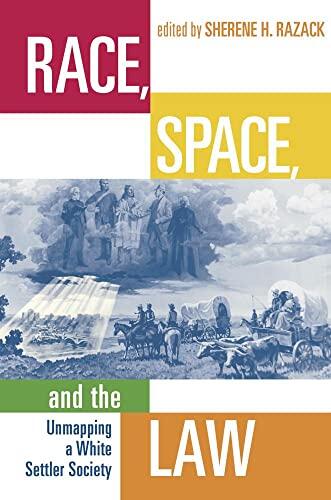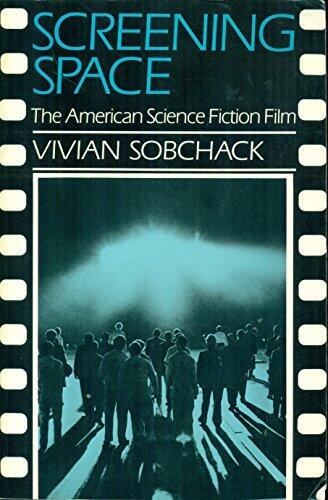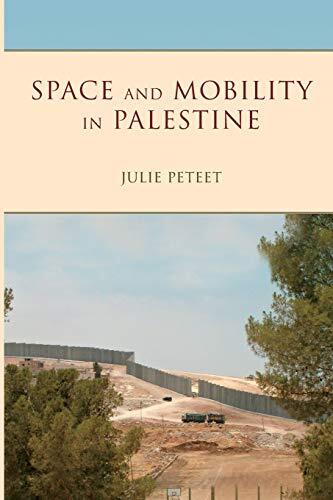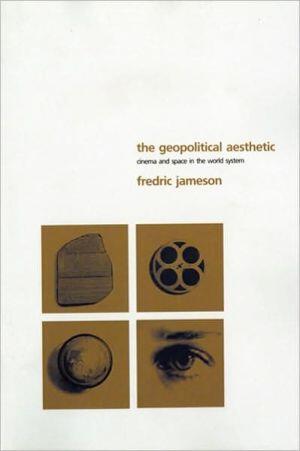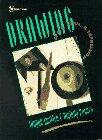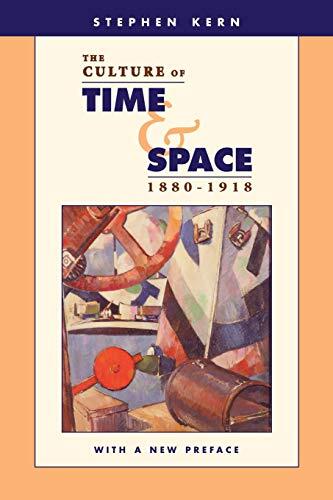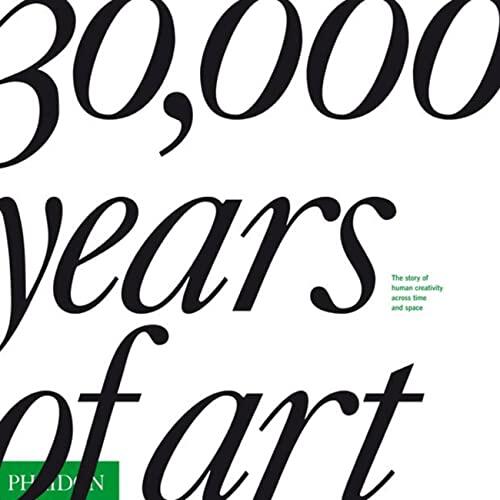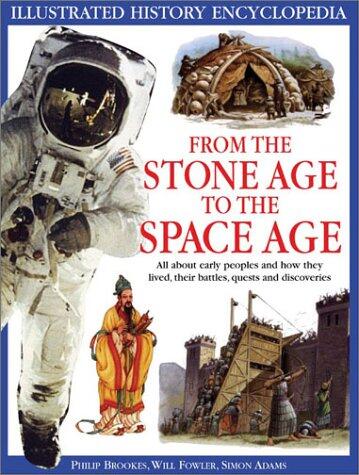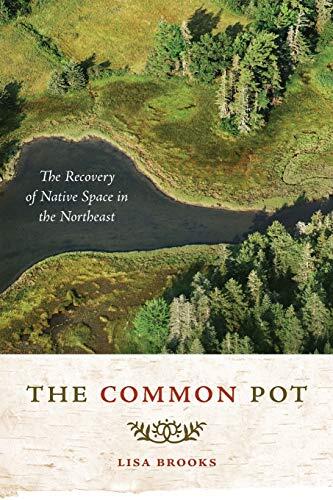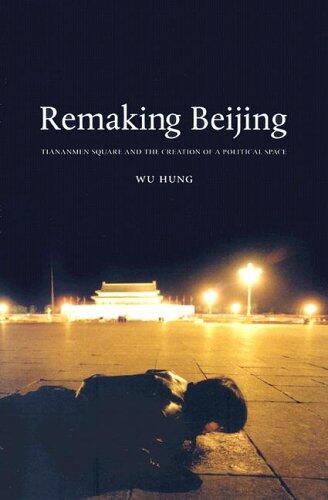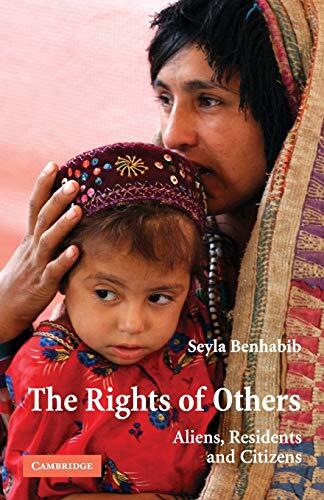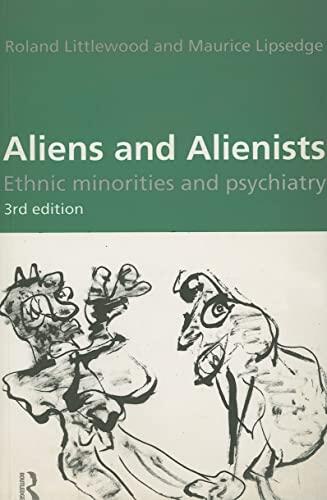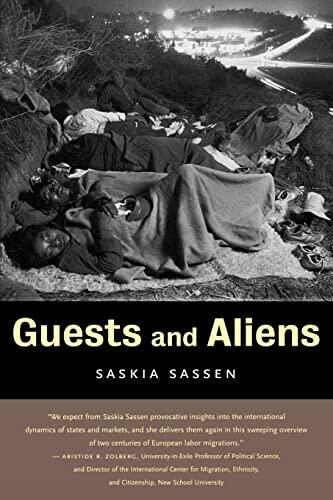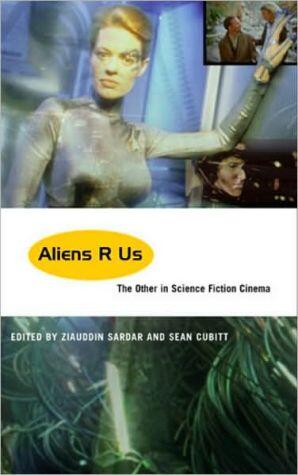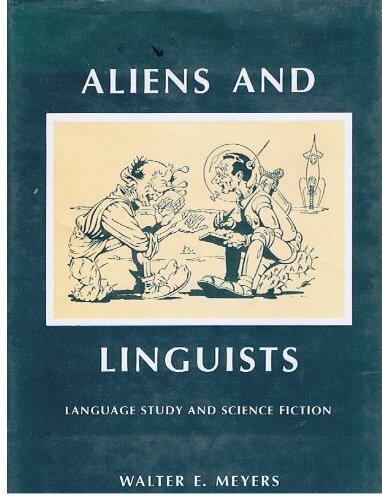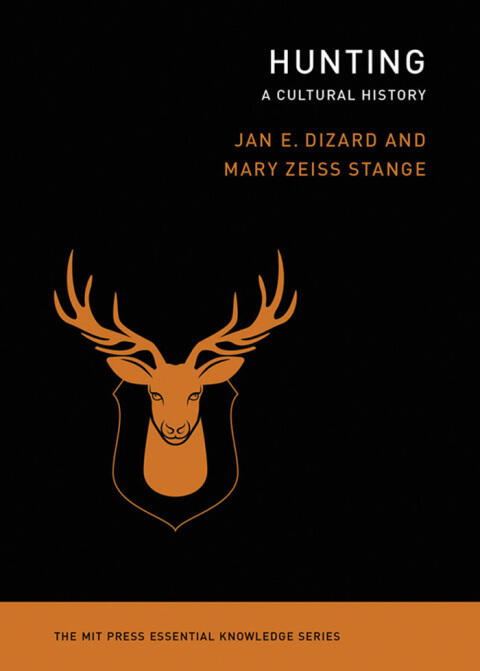
Hunting: A Cultural History
لا توجد تقييمات بعد
History
Health & Wellness
تنسيق
كيندل
صفحات
288
لغة
الإنجليزية
منشور
Jan 1, 2022
الناشر
The MIT Press
الطبعة
86
رقم ISBN-10
0262368269
رقم ISBN-13
9780262368261
الوصف
Hunting has long been an integral part of human culture, stretching back to the days of Stone Age hunter-gatherers. Its evolution reflects not only survival instincts but also the changing relationships between humans and their environment. Through the ages, hunting has been infused with various social, spiritual, and economic meanings, shaping its practice and significance in diverse societies.
The authors dive into the multifaceted history of hunting, examining how it has transitioned over centuries. They explore the transformation from a necessity for survival to a modern-day sport, illustrating the complex interplay of ethics, conservation, and technology in contemporary hunting. The portrayal of hunters, their motivations, and cultural nuances offers a nuanced perspective on this age-old practice.
In addition, the narrative addresses the impact of hunting on wildlife populations and ecosystems, raising essential questions about conservation efforts and the sustainability of hunting practices today. Contemplating ethical considerations, the book challenges readers to think critically about the role of hunting in a rapidly changing world.
Through rich historical context and a thorough analysis of modern practices, this work invites readers to appreciate hunting as a cultural phenomenon that continues to shape human identity and our understanding of nature. It serves as both an informative resource and a profound reflection on humanity's ongoing relationship with the wild.
The authors dive into the multifaceted history of hunting, examining how it has transitioned over centuries. They explore the transformation from a necessity for survival to a modern-day sport, illustrating the complex interplay of ethics, conservation, and technology in contemporary hunting. The portrayal of hunters, their motivations, and cultural nuances offers a nuanced perspective on this age-old practice.
In addition, the narrative addresses the impact of hunting on wildlife populations and ecosystems, raising essential questions about conservation efforts and the sustainability of hunting practices today. Contemplating ethical considerations, the book challenges readers to think critically about the role of hunting in a rapidly changing world.
Through rich historical context and a thorough analysis of modern practices, this work invites readers to appreciate hunting as a cultural phenomenon that continues to shape human identity and our understanding of nature. It serves as both an informative resource and a profound reflection on humanity's ongoing relationship with the wild.
